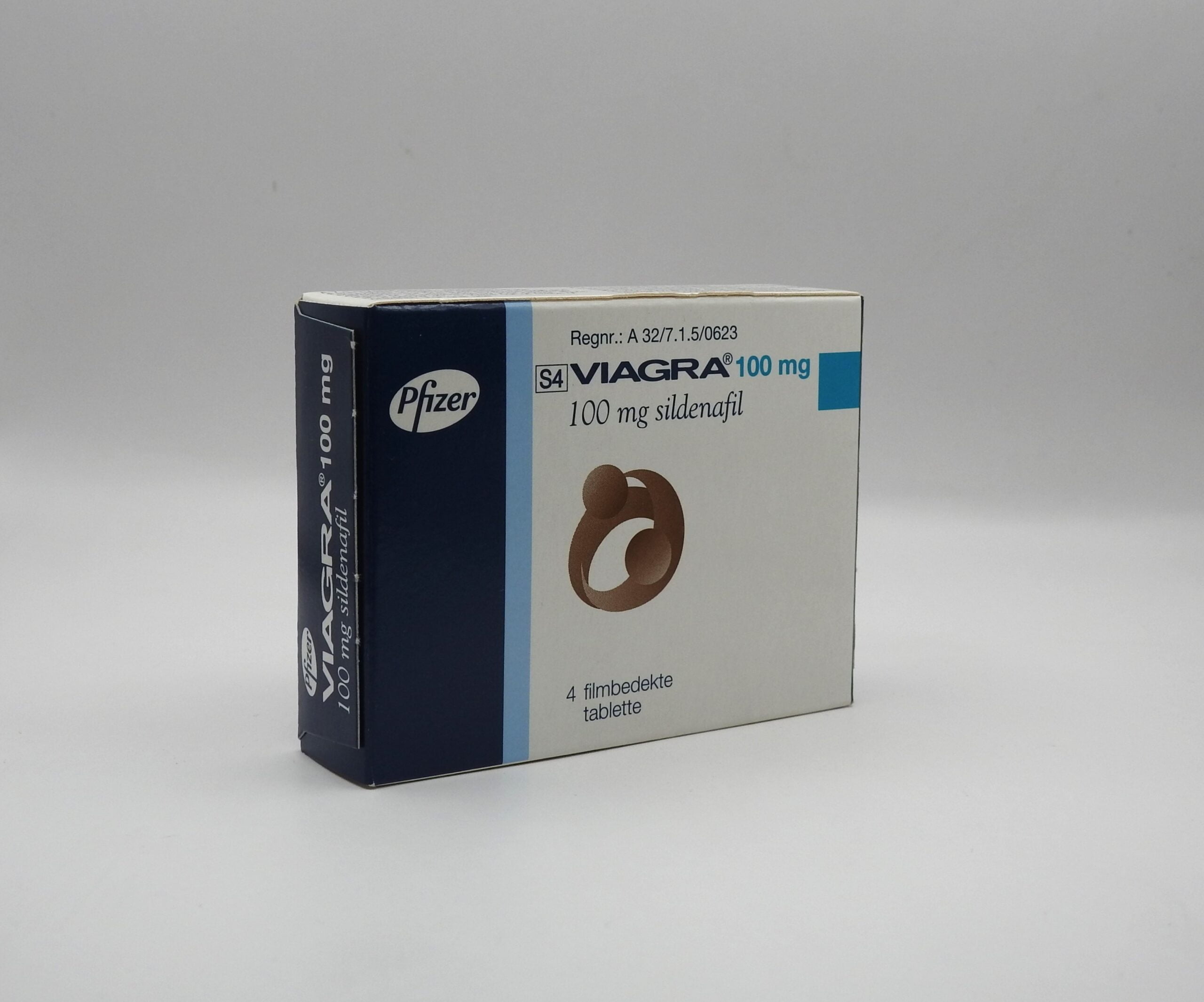Viagra (100mg tablet x 4)
$52.73
Viagra (100mg tablet) is a medication used to treat erectile dysfunction (ED) in men. It increases blood flow to the penis, helping to achieve and maintain an erection. The recommended dose is one 100mg tablet per day, taken about 30 minutes to 1 hour before sexual activity. Possible side effects include headache, flushing, and upset stomach. Viagra should not be taken by individuals with certain medical conditions or who are taking certain medications.
Viagra is a brand name for the medication sildenafil citrate, which is used to treat erectile dysfunction (ED) in men. It works by increasing blood flow to the penis, which helps to achieve and maintain an erection.
Viagra is available in tablets of 25mg, 50mg, and 100mg strengths, but the most commonly prescribed dose is the 100mg tablet. It is taken orally about 30 minutes to 1 hour before sexual activity. The maximum recommended dose is one 100mg tablet per day, and it should not be taken more than once every 24 hours.
The dosage of Viagra may be adjusted by a healthcare provider based on the individual’s age, medical history, and other medications being taken. It is important to inform the healthcare provider of any other medications being taken, as some medications can interact with Viagra and cause adverse effects.
Viagra should be taken on an empty stomach or with a light meal, as a high-fat meal may delay the onset of action. Sexual stimulation is required for the medication to work, as it does not cause an erection on its own.
Possible side effects of Viagra include headache, flushing, nasal congestion, dizziness, and upset stomach. Rare but serious side effects may include sudden hearing or vision loss, chest pain, and priapism (a painful erection lasting longer than 4 hours). If any of these side effects occur, medical attention should be sought immediately.
Viagra should not be taken by individuals who are allergic to sildenafil or other medications in the same class, have severe liver or kidney disease, have low blood pressure or a history of heart attack or stroke, or are taking certain medications such as nitrates or alpha-blockers.
Overall, Viagra is an effective medication for treating ED and can help improve sexual function in men. However, it is important to follow the recommended dosage and to be aware of the possible side effects and contraindications. It is always best to consult with a healthcare provider before starting any new medication.
| Weight | 0.06 kg |
|---|---|
| Dimensions | 3 × 3 × 1 cm |
Related products
Levitra ODT is a medication used to treat erectile dysfunction in adult men. It comes in a 10mg effervescent tablet that dissolves quickly in the mouth without water. It should be taken 30-60 minutes before sexual activity and should not be crushed or chewed. The dosage may be adjusted based on individual response and tolerability, with a maximum recommended dose of 20mg per day. Possible side effects include headache, flushing, nasal congestion, and indigestion. It should not be taken with nitrates or by individuals with severe liver or kidney disease, low blood pressure, or recent heart attack or stroke.
Ciavor 5 (5mg Fct) is a medication used to treat erectile dysfunction in men. It contains the active ingredient tadalafil, which works by increasing blood flow to the penis, allowing for an erection to occur. The recommended starting dose is 5 mg, taken once a day, at least 30 minutes before sexual activity. It should not be taken more than once a day and should not be taken with grapefruit juice or alcohol. Possible side effects include headache, indigestion, and back pain. Ciavor 5 should not be used by individuals with certain medical conditions or taking certain medications, so it is important to consult with a healthcare provider before starting this medication.




